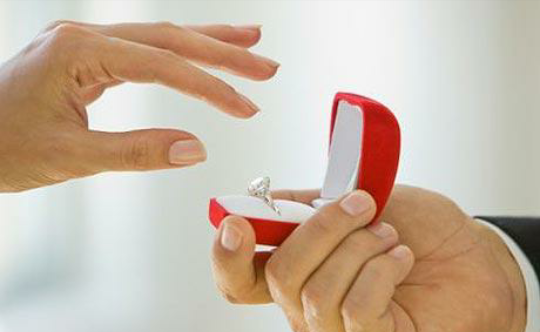I want to share with you an activity I did in class today.
We were given a quote— “draw the line that means the most.” My professor was told this by an art student he was talking to while he was studying for his master’s.
Well, what does this mean? We started to examine it. We were given these instructions:
Think of an object that is meaningful to you.
Describe the object. Explain its meaning.
Do so in at least 110 words and no more than 125 words.
When done, consult me for further instructions.
So, I started thinking. I started writing. Here was my first draft:
Two long arms hug the sides of my face, grasping gently behind my ears. The middle of the frame rests on the bridge of my nose. The lenses, which are vaguely trapezoidal, filter the world into hues of brown and orange. The paint is smooth against my skin. The color is irrelevant. With over 16 pairs, color is only secondary. The sunglasses are not an accessory; they are an extension of myself. The first pair sat atop my head in 2010, and they’ve been there ever since. Regardless of season, a pair of sunglasses will be somewhere on my person because they gave me identity. At first, I was “the girl who always wears sunglasses.” Then, they became a trademark. I became identifiable. (123)
My next instructions?
Copy and paste what you’re written below. Cut 10 words.
So, I go to work on my copy, cutting out 10 words.
Two long arms hug the sides of my face, grasping behind my ears. The middle of the frame rests on the bridge of my nose. The lenses, which are vaguely trapezoidal, filter the world into hues of brown and orange. The color of the frame is irrelevant. With over 16 pairs, color is secondary. Sunglasses are not an accessory; they are an extension of myself. Since 2010 they’ve sat atop my head, and they’ve been there ever since. Regardless of season, a pair of sunglasses will be somewhere on my person. They gave me identity. At first, I was “the girl who always wears sunglasses.” Then, they became a trademark. I became identifiable. (113)
I then ask for my next instructions.
Copy and paste what you’ve written below. Cut 10 more words.
Now I start to think “this is difficult.”
Two long arms hug the sides of my face. The middle of the frame rests on the bridge of my nose. The lenses—vaguely trapezoidal—filter the world into hues of brown and orange. The color of the frame is irrelevant. With over 16 pairs, color is secondary. Sunglasses are not an accessory, but an extension of myself. Since the first pair in 2010, they’ve sat atop my head. Regardless of season, a pair of sunglasses will be somewhere on my person. They gave me identity. Initially, I was “the girl who always wears sunglasses.” Then, they became a trademark. I became identifiable. (103)
I really feel like I’m starting to get to the meaning, you know? Further instruction:
Copy and paste what you’ve written below. Cut 20 words.
So, I struggle.
Two long arms hug the sides of my face. Center-frame rests on the bridge of my nose. The lenses—vaguely trapezoidal—filter the world into hues of brown and orange. With over 16 pairs, color of frame is irrelevant. Sunglasses became an extension of myself since the first pair in 2010. Regardless of season, a pair of sunglasses exist somewhere on my person. They gave me identity. Initially, I was “the girl with the sunglasses.” Then, they became trademark. I became identifiable. (83)
I think I’m done, and I’m wrong.
Copy and paste what you’ve written below. Cut it in half.
In half?! How do I do that? I have a tone I’m trying to preserve! Plus I have an odd number of words! (I was told to round down.)
My lenses—vaguely trapezoidal—filter the world into browns and oranges. With over 16 pairs, color is irrelevant. Sunglasses became an extension of myself since the first pair. Sunglasses always exist somewhere on my person. They became trademark. I became identifiable. (41)
I reluctantly ask for further instruction.
Copy and paste what you’ve written below. Cut it in half again.
This time, I don’t panic to myself. I set to work.
Lenses—vaguely trapezoidal—filter the world into browns and oranges. With over 16 pairs, color is irrelevant. They became trademark. (20)
As we discuss the activity, I start to see what happened. I discovered the core ideas to my initial paragraph. I found strong verbs as opposed to relying on descriptors. I found my line.
Give it a try—maybe you’ll find your line too.
With love, XOXO.

